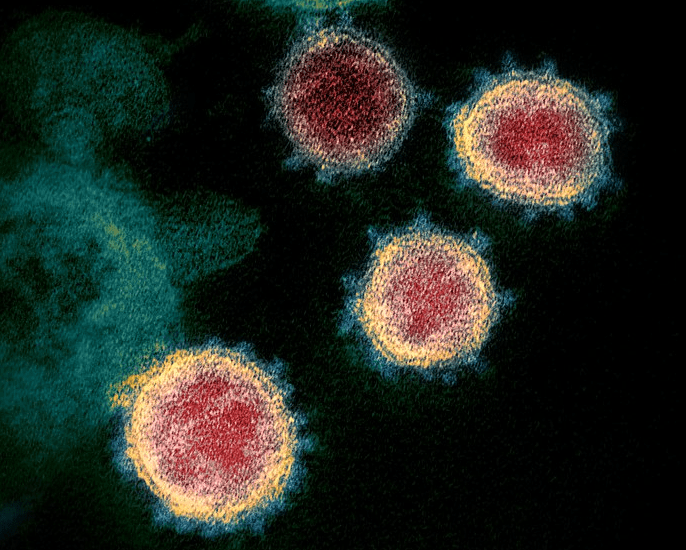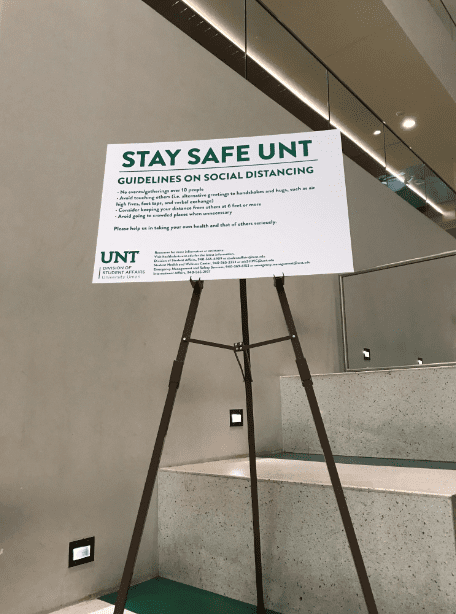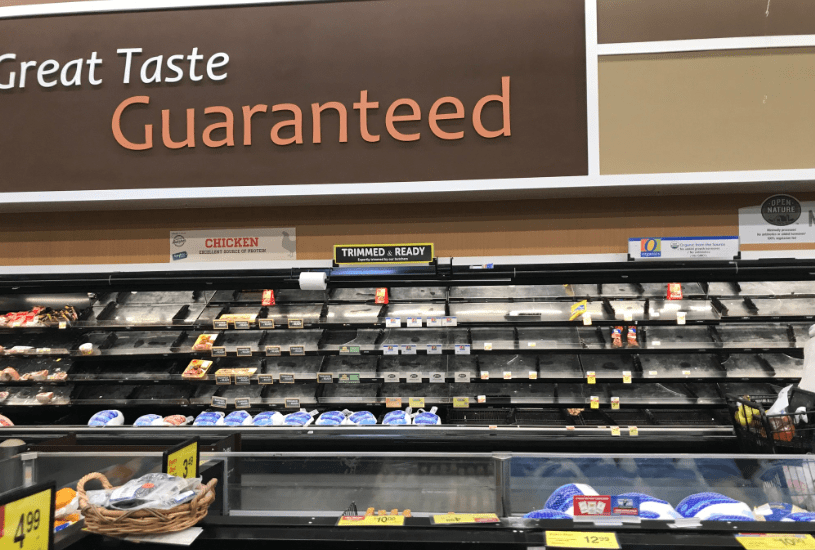Introduction: In this article – to help genealogists in this time of the coronavirus pandemic – Gena Philibert-Ortega describes ways family historians can document this experience for the benefit of our descendants. Gena is a genealogist and author of the book “From the Family Kitchen.”
As family historians our focus is steadily on the past. We sometimes believe the past and our ancestors are far more fascinating than what happens in our own lives. When I ask people if they are documenting their own lives, they predictably answer: “Who is going to want to read that?” But documenting our lives will be important for the generations that descend from us and want to learn about our moment in time.
Right now, we are living in “interesting” circumstances. I keep hearing people say nothing like this has ever happened before. But actually, this has happened before: many of the situations we are now facing occurred during the 1918 Flu Pandemic. Imagine if your ancestor kept a diary during that time and you could read about what they went through!

Why not make a commitment to documenting your life in the time of COVID-19 so that your grandchildren and their grandchildren can learn what your everyday life was like during this difficult time?
How do you document your life during a pandemic? Here are a few ideas.
Start with a Timeline
I always emphasize the importance of creating timelines for the ancestors you research, but now is a good time for you to start one for your own life during this pandemic. My timeline includes the date we had to move my son out of his university dorm, and when our county announced that only essential services would remain open.
Dates on your timeline could include:
- when you first remember hearing about COVID-19
- when you first felt that life was impacted by the virus
- when your county or state issued an emergency order
- when movie theatres closed
- when your area grocery store started having shortages
- when you started sheltering in place
- when you started working from home
Keep a Journal
I know, I know, journal writing is the one thing everyone sets as a goal each New Year’s only to break it within a week. But this is a great time to write down what you are feeling, what’s happening in your family, your community, and the world. Years from now you will find it interesting and I can guarantee your descendants will.
Don’t limit your journal to just writing – be creative. Think of this as a journal/scrapbook where you add anything (text, images, etc.) about this time. Add emails you receive from family and friends that refer to this time. Cut out or print articles from newspapers, magazines, and the Internet. Include some of the photos you’ve been taking.
You may also consider adding some genealogically relevant stories about your ancestors during the 1918 Flu Pandemic.

Look for Images
Images help tell a story. We love to add them to our ancestors’ narratives so let’s not forget to add them to our own story. After all, we take so many photos of our everyday lives with our mobile devices normally; now is a good time to document our lives during this crisis. I’ve been using my cell phone to document food shortages and signs that explain social distancing. Have you taken photos of your surroundings during this time?

If not, start documenting your life visually. Take photos of what it looks like in your community, but also take photos of your inside life: your family playing board games, or the new recipe you tried for dinner.
One Moment in Time
There is no doubt this is a difficult time. People are getting sick and some are dying. People are losing their jobs, and small businesses are faced with going out of business due to forced closures for weeks and even months. There are a lot of unknowns right now that make many of us anxious.
Include in your pandemic documentation your thoughts and feelings during this time. What’s helping you get through each day? Have you found a new online community that helps? Do you have an especially inspirational friend? Are you sharing funny memes online to make people laugh?
Our ancestors were real people who experienced the same things we do: sadness, joy, fear, pain, etc. It’s important that we leave something for our descendants that shows that range and acknowledges that life is hard.
We Can Do It
You know and love the stories of your ancestors. Those stories are a good reminder that you come from a long line of people that had to deal with difficult times. As family historians, we care about our ancestors’ stories; let’s start caring equally about documenting our lives for when we become the ancestors.
This is a difficult time. Things probably will get more difficult in the coming weeks. But you know what? Together, I know we can get through this.
Take care of yourself and your family.
Related Articles:

Thanks Gena! I’ve already started to document/journal a lot of what you’ve suggested — coincidentally, just this a.m. I appreciate the suggestion about the photos and will use some too. Love your work and have heard you speak at SOCCGS. Keep disseminating the great info!
Beth,
Great that you’re starting your journal. It’s going to be so important to future generations who want to study our place in history.
Thank you so much for your kind words. SOCCGS is a great group. I always enjoy presenting there. Take care!
Thanks Gena! I think I’ll create a timeline of this time. I’ll have a little back-tracking to do but that won’t be too difficult.
Thanks for your comment Sue. Online sources like the governor’s website or the CDC can help as you make that timeline. Take care and stay healthy!-Gena
Thank you for the suggestions of journaling & writing about my experiences during this “crazy” time. I have realized I have no info on what my own family did during the 1918 Influenza Pandemic. One uncle lost both of his parents & he & his two brothers were placed in an orphanage until their grandmother found them. I plan to start writing about my experience today!!
Clarice, thank you for telling the story of your family during the 1918 pandemic. It’s important that we not only research our family history but document our current lives. Good luck and stay healthy!–Gena